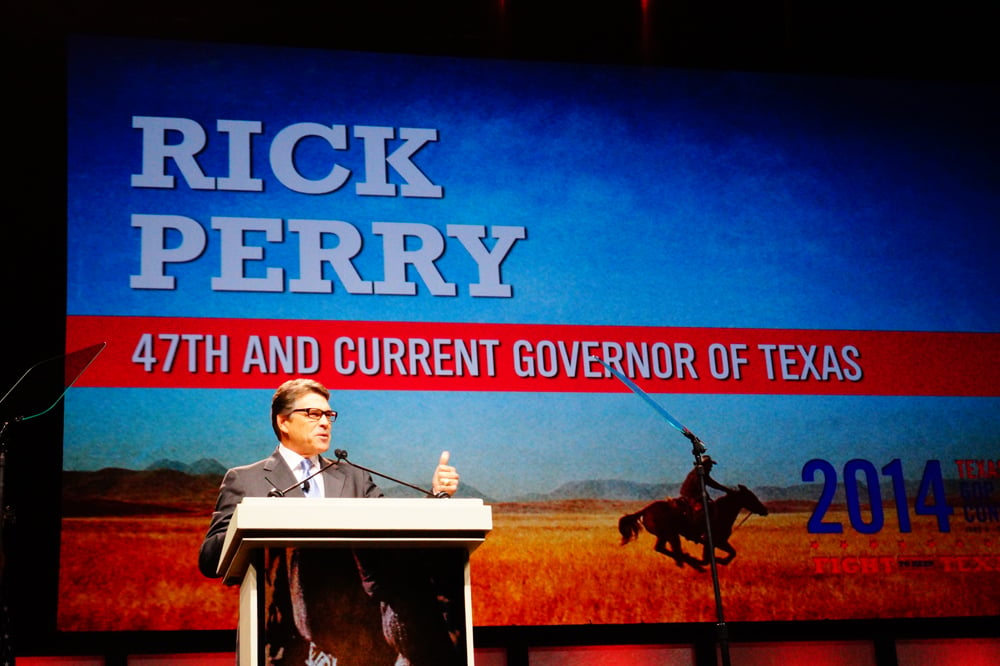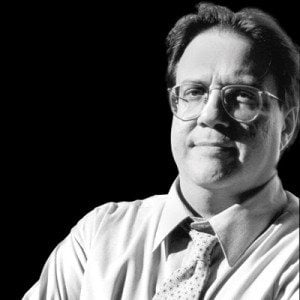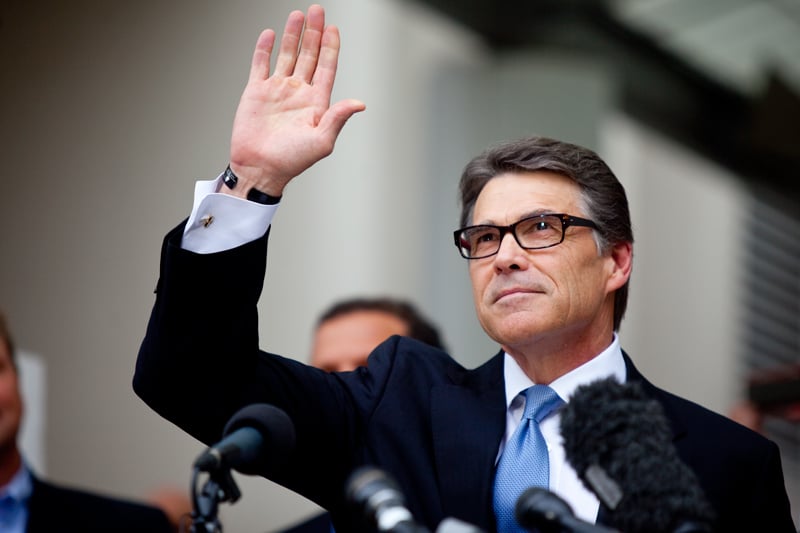
To Each According to Greed: Rick Perry, Toyota and the Texas Enterprise Fund

A version of this story ran in the June 2014 issue.
Above: Rick Perry speaking at the 2014 state Republican convention.
The New York Times dutifully took note of Toyota’s late-April announcement that it will move its corporate headquarters from Southern California to Plano over the next three years. The nation’s paper of record reported that as many as 4,000 employees may be relocated, and then added a celebratory couple of sentences:
“The move is a victory for Gov. Rick Perry of Texas and his campaign to woo businesses from California. Toyota considered several sites in the United States before deciding on the Dallas area, where taxes, real estate and other costs are considerably lower than California’s.”
The Times piece neglected to mention that the move by Toyota—a company posting $23 billion in 2013 profits—will be greased with $40 million from Rick Perry’s Texas Enterprise Fund (TEF).
The TEF is an under-scrutinized program that Texas’ mainstream media routinely ignores. Worse, the fund’s “successes” are often celebrated blindly.
Perry advertises the TEF as a carrot to lure jobs to Texas. But critics have long maintained that it’s more a Perry slush fund designed to help political patrons. The TEF has drawn the attention of Mother Jones, which did a takedown last year. And critics on the left and the right have called it one of the biggest examples of corporate welfare in America. For example: In 2012, Apple, Inc. got $21 million from the TEF (despite having more cash in its coffers than the United Kingdom has in its treasury) to help open a new Austin campus, and last year Chevron ($240 billion in 2012 revenue) picked up $12 million in TEF money for an office expansion in Houston (see “Oiling the Skids for Chevron in Houston,” July 29, 2013).
The problem is that there’s little evidence the TEF money does what Perry says it’s supposed to. And since the money is appropriated by the Legislature out of the state’s general fund, it’s effectively taken out of the hands of desperately necessary and chronically underfunded programs throughout the state: children’s health insurance, environmental remediation, mental health services, anti-poverty programs, and on and on. But in the recent breathless media coverage about Toyota, precious few Texas reporters have explored Perry’s largesse, and whether the Toyota money—one of TEF’s biggest gifts ever—could be put to better use.
Even fewer members of the Texas media are holding Wendy Davis and Greg Abbott to account about their respective plans for the TEF once Perry leaves office. The Texas Tribune did take a stab at it earlier this year, and in a more recent and incredibly prescient instance, The Beaumont Enterprise ran an editorial two days before the Toyota announcement asking whether Davis or Abbott would have offered the grant. The paper boldly said that Perry’s “pet” project needed “a strict accounting of all profits and losses.”
But why aren’t Texas news outlets doing their own audits of every dollar Perry has handed to Oracle, Dow Chemical, Home Depot, Visa, Frito-Lay, Kohl’s Department Stores, Facebook, Petco, Lockheed Martin, T-Mobile, even the U.S. Bowling Congress?
Lauren McGaughy of the Houston Chronicle, the state’s biggest paper, did a story in which Toyota admitted that the car giant didn’t actually care about the $40 million, thank you very much. “That wasn’t one of the major reasons (in) deciding to go to Texas,” Toyota spokesperson Amanda Rice told the Chronicle.
Texas Monthly, meanwhile, opined that TEF’s Toyota grant is “Expensive, to be sure, but hopefully the investment will put a muffler on critics.” And mirroring The New York Times, The Dallas Morning News wrote that “Toyota’s decision to build a new North American headquarters in Plano gives Gov. Rick Perry more bragging rights.” The TEF is mentioned in that piece’s ninth paragraph, but with no reference to its controversies.
Echoing the others, Forbes posted a horserace piece concentrating almost exclusively on the “Texas vs. California” angle. Forbes trotted out one of the state’s stalwart quote machines on economic development, Southern Methodist University’s Bernard Weinstein, who told the magazine that Texas could offer Toyota “some excellent suburban school systems where, I assume, most of the kids [of Toyota staffers] will be attending.”
It was perhaps an unsubtle nod to the fact that the white-collar Toyota employees coming to Texas will be earning salaries in the six-figure range.
And maybe it was an unsubtle reminder as well that the Texas media needs to do more to report on whether it’s good public policy to throw money we can’t afford at companies that don’t need it.


